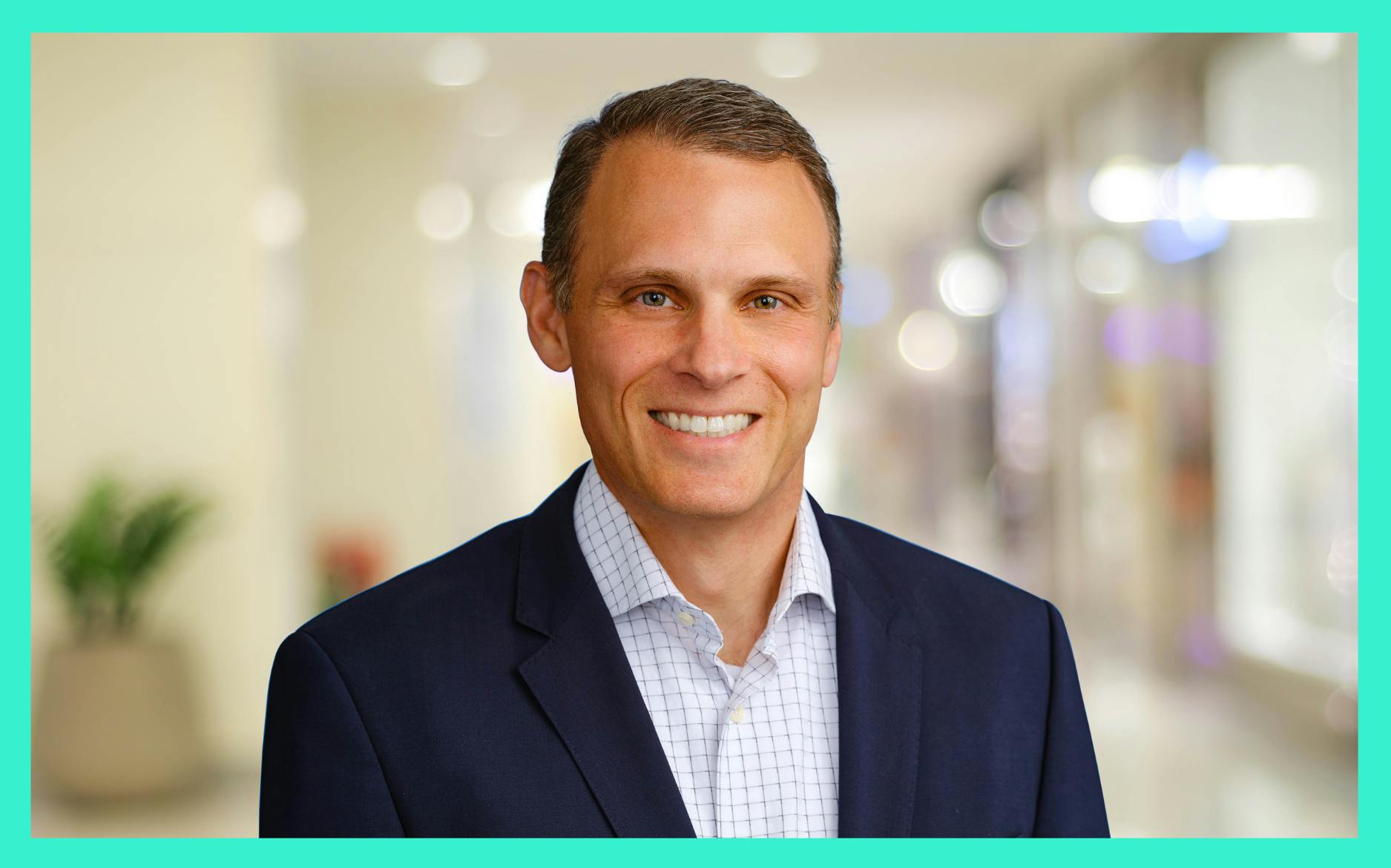Jason Monteleone (President and CEO, Avania)
Having spent over 25 years in the CRO, medical device, and life sciences sectors, Jason brings impressive experience in driving innovation, collaboration, and excellence to his role as the president and CEO of Avania. He has served as CEO and CFO at major organizations like Clinipace and Theorem Clinical Research, and he founded clinical research consultancy Pivotal Financial Consulting. Monteleone is also a board member and audit chair for the Drug Information Association (DIA). He earned a B.S. in business administration from Millersville University and an MBA from Temple University.

Can you explain your job as if you were speaking to a five-year-old?
I would compare my job to that of a sports manager. While I don’t score touchdowns, make goals, or hit home runs, I’m responsible for several important tasks. These include: creating the company’s overall plan or strategy; building and recruiting the right team; keeping the team motivated and focused; serving as the main communicator between the company, employees, ownership, and the market, including customers; shaping and nurturing the company’s culture; being the team’s biggest cheerleader; and staying focused on the future, never dwelling too long on past successes or failures.
In short, I guide the team, ensure everyone is on track, and keep moving forward to the next goal.
What excites you most about your job?
Lots! I have been fortunate to spend the majority of my career in healthcare—the last 18 years, specifically, in the development of biopharmaceuticals and medical devices. The opportunity to work for organizations that improve patient care provides me with personal and professional gratification. I’m also excited by the opportunity to work with brilliant leaders—learning about cutting-edge science makes every day interesting.
I love building businesses that add value to society and provide jobs. Being able to build and shape an organization’s culture is challenging but also gratifying. I went to college to study accounting and now I am CEO of Avania—I’m grateful for every moment of the experience.
Plus, I love working with others. When I was CEO of Clinipace, I traveled to our Morrisville, NC office twice a month, plus trips for bid defenses, conferences, et cetera. When Covid hit, all travel stopped. I missed interacting with our employees. During my first three months at Avania, I’ve been to Boston, the U.K., the Netherlands, Toronto for the AdvaMed conference, and Washington D.C. for the TCT conference. Getting to know new colleagues has been great.
Which trend will change the future of medicine?
Artificial intelligence is the easy answer, but I’ll go with consumers taking more ownership over their healthcare. Look how far we have come with wearables since the initial FitBits, where we were just counting steps. The WHOOP band, the Apple Watch and Apple Health app, and the Oura ring all help track everything from sleep, diet, fitness levels, heart rate, and more. The products aren’t perfect, but they provide a good deal of health data, helping consumers make more informed health-related decisions. My son turned me on to an app that scans bar codes on packaged food and, in seconds, you can learn about unhealthy additives in foods. Preventative medicine combined with medtech and pharmaceutical breakthroughs is the future.
Looking back, which trends have you missed or underestimated?
The healthcare talent crisis. The desire for innovation and development outstripped the labor pool. According to the American Hospital Association, we will have a shortage of 100,000 critical care workers by 2028. The clinical research industry really felt the strain right after Covid—there are just not enough experienced investigators or clinical development workers when growth picks up. It’s a real challenge for our industry.
Which MedTech initiative or startup deserves more attention?
Smart implants. By 2030, the smart implants market is expected to surpass $20 billion—at a CAGR of 10–12%. Smart implants offer numerous benefits, such as better disease management, reduced hospital visits, improved patient outcomes, and personalized therapies—all facilitated by continuous monitoring and real-time data collection. Cardiovascular disease is the leading cause of death worldwide—smart cardiovascular implants have the potential to prevent a lot of future fatalities.
Where would you put a million dollars?
Improved healthcare literacy programs in elementary school, high school, and college. Strong healthcare literacy can help develop positive habits—like nutrition, exercise, stress management, and doctor visits—leading to improved preventative medicine in the future. Some of the statistics are staggering. Education can and does make a difference.
What's the best advice you've ever received?
Don’t be satisfied with just collecting a paycheck. Always improve your skill set and seek out new challenges.